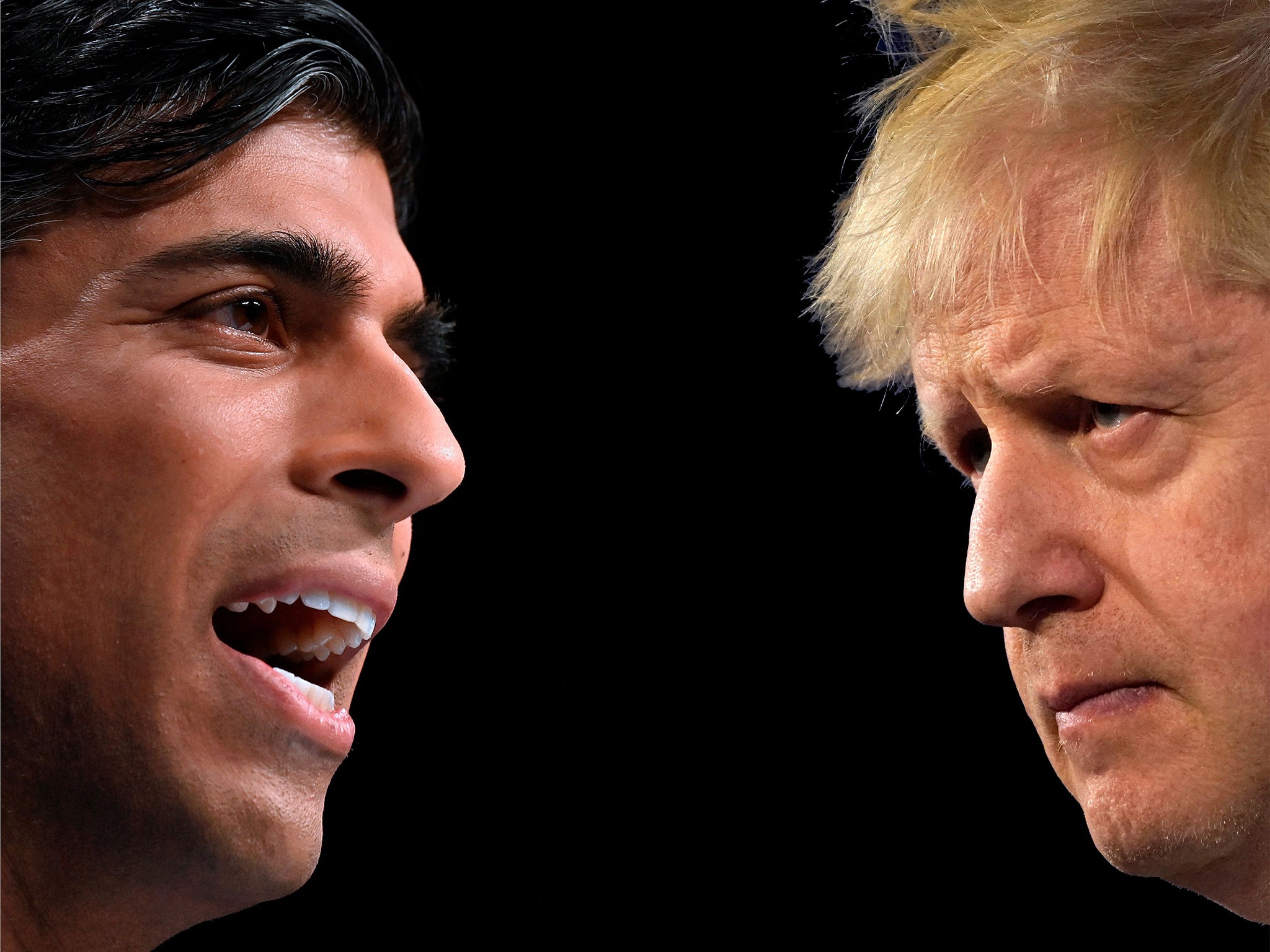Who do the markets want as the next prime minister?
Message to Tory MPs: vote for Johnson and expect to pay more for your mortgage – and for your constituents to pay more too, writes Hamish McRae


Well, we know who the markets would not like as the next prime minister. That is Boris Johnson. On Friday, the pound weakened when the news came through that Johnson was flying back from the Caribbean to make his pitch for the leadership. More importantly, the yield on 10-year gilts, which had been trading in the morning below 4 per cent, shot up to close above that level.
Message to Tory MPs: vote for Johnson and expect to pay more for your mortgage – and for your constituents to pay more too.
So who would they like? That is harder to gauge, as there is no simple way of measuring, but my guess is that it is a toss-up between Rishi Sunak, because he is a known quantity who shepherded the economy through the pandemic, and Keir Starmer, because he is assembling a competent team around him.
And Penny Mourdant? According to Oddschecker, she is down to 25/1 on the betting to be the next PM, so it is probably not worth thinking about.
There is a further twist. Having Boris Johnson back as PM, or indeed in any significant role in government, would not be stable. Something would go wrong. So even if there were a credible Budget presented to the world on 31 October, only a week away, the risk would remain. And that risk would show up in a weaker pound and higher borrowing costs for the government. Global investors seek stability, and if a country cannot offer that they require a risk premium before investing.
What happens next? UK politics will fill the headlines for the next few days. The Budget, or whatever they decide to call the statement of the country’s fiscal position, will be ugly. There will be an increase in Bank of England interest rates at its next meeting on 3 November, though here the monetary policy committee will simply be catching up with what is already happening on the markets.
But assuming that Rishi Sunak becomes PM, I think that there will be an increasing alignment between the policies that the government is putting in place and those advocated by the opposition. If you look at what Rachel Reeves, the shadow chancellor, has been pressing for, such as a windfall tax on energy companies, that is likely to be picked up by the Tories. She promises that a Labour government would “get a grip” on spending, but would not bring back austerity.
That is pretty much what Rishi Sunak was seeking to do when he was chancellor. So we are moving to a situation where both parties will offer much the same. That is a real comfort.
To see why, you have to grasp the difference between risk and uncertainty. The clearest way of explaining is to say that risk is when the probabilities of future events can be estimated and uncertainty is when the extent of future events is unknown, so you can’t estimate the probability of any of them happening.
To keep up to speed with all the latest opinions and comment sign up to our free weekly Voices Dispatches newsletter by clicking here
Financial markets are curiously apolitical, in the sense that global investors are not interested in national politics, and are only interested in economic policies insofar as these affect the return on their investments. They cope with risk because taking on risk is how they create higher returns, but they hate uncertainty because that damages their investments in ways they cannot predict.
Tory politicians have managed to dollop out industrial quantities of uncertainty in the past few weeks, but there is a reasonable chance that these will now diminish. The opposition will have sufficiently similar policies, so they can see the broad landscape for the next few years. We will be back to estimating risks – risks of a recession next year, risks of inflation not coming down, and so on.
But if Boris Johnson were to become PM again, we will be back in extreme uncertainty. I just hope the MPs have the clarity of mind to realise this.






Join our commenting forum
Join thought-provoking conversations, follow other Independent readers and see their replies
Comments